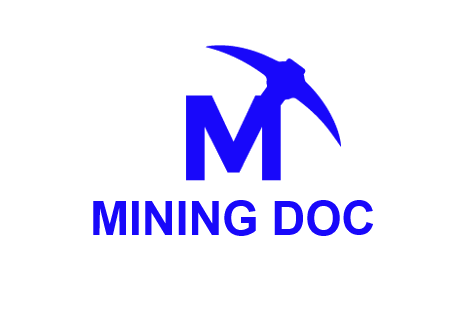Employees in the mining, oil, and gas sectors are frequently stationed in isolated and varied areas. These work sites, whether onshore or offshore, are isolated from one another geographically in some way.
Operators are required to offer their employees a specific degree of health services while they are at work because of the different demands and complexity of these environments. Maintaining health services in compliance with reasonable healthcare standards is a difficulty.
Through telehealth consultations, employees and on-site medics can rapidly establish a connection with specialised medical services located hundreds of kilometres away.
Telehealth devices record patient vitals and produce high-quality photos and videos using state-of-the-art technology. With the use of this data and the capacity to work with specialists, choices may be made more effectively, treatment can start earlier, and needless evacuations can be avoided.
Benefits for workers and operators
When working remotely, telehealth enhances patient happiness, improves outcomes for wounded workers, and gives the impression of increased safety. Employees gain additional benefits from not having to pay for lodging, transportation, or overtime.
Operators gain from lesser risks related with transfer personnel tiredness, lower evacuation and transportation expenses, and less lost productivity because workers can return to work sooner.
Conclusion
The mining industry can greatly benefit from telemedicine in terms of bettering health care for their staff, families, and other communities they serve. The best returns on investment can be ensured by making the right investments in technology and human resources.







